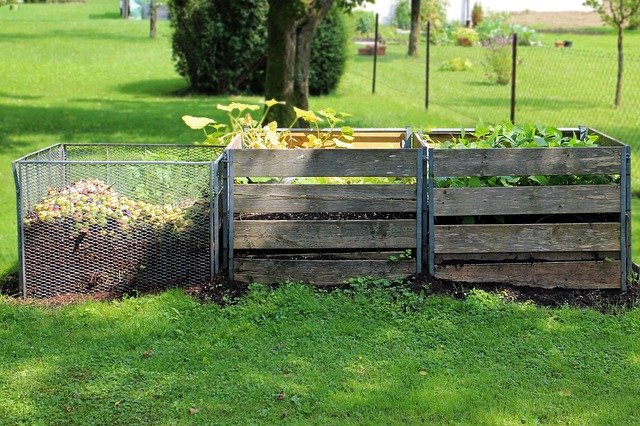In the right zero-waste home, everyone tries to minimize waste. The woman in the aforementioned report showed us how to make our own shampoo and soap at home, how to wash dishes, how to separate all garbage perfectly, and how to compost bio-waste. There were many things that I am sure I would not be able to do.

Later, I realized that I could not build such a household overnight. First, one needs to research about zero-waste systems and get tips from households that have already adopted zero-waste systems. There is a lot of information available on the Internet and in books.
Today, many people sort their garbage into at least four basic groups: paper, plastic, glass, and electronic waste. Those who live in the countryside or have a yard can place a composter to dispose of food waste . Did you know that there are also small composters for apartments and balconies?
If you are interested in the zero-waste concept, start remodeling your home in small steps.

Get rid of unneeded items
]
There must be clothes in your closet that you no longer wear. Put them out for charity. Donate unwanted appliances, furniture, and dishes that are still usable to shelters. Take non-functional items to a collection center.
Convert.
Before going to the trash, think about whether any of the items you want to throw away are still usable with a little work. For example, a tin coffee container can be transformed into a glove compartment, or a shower gel container into a hanging soap holder. You can find tips on the Internet.
Learn to separate trash more carefully
Do not throw plastic toothbrushes in the mixed garbage. Put them in the yellow trash. Metal toothpaste tubes go in the gray trash can for metal, but plastic caps go in the yellow trash can. Store receipts and egg cartons do not go in the blue paper containers.
Creating a zero waste household can also be fun. For example, families compete with each other to see who has the smallest pile of trash per week. In some cities, citizens who sort their garbage properly receive a discount on garbage collection fees.
Every action, even the smallest, to improve the environment is important. Not only for ourselves, but also for future generations.